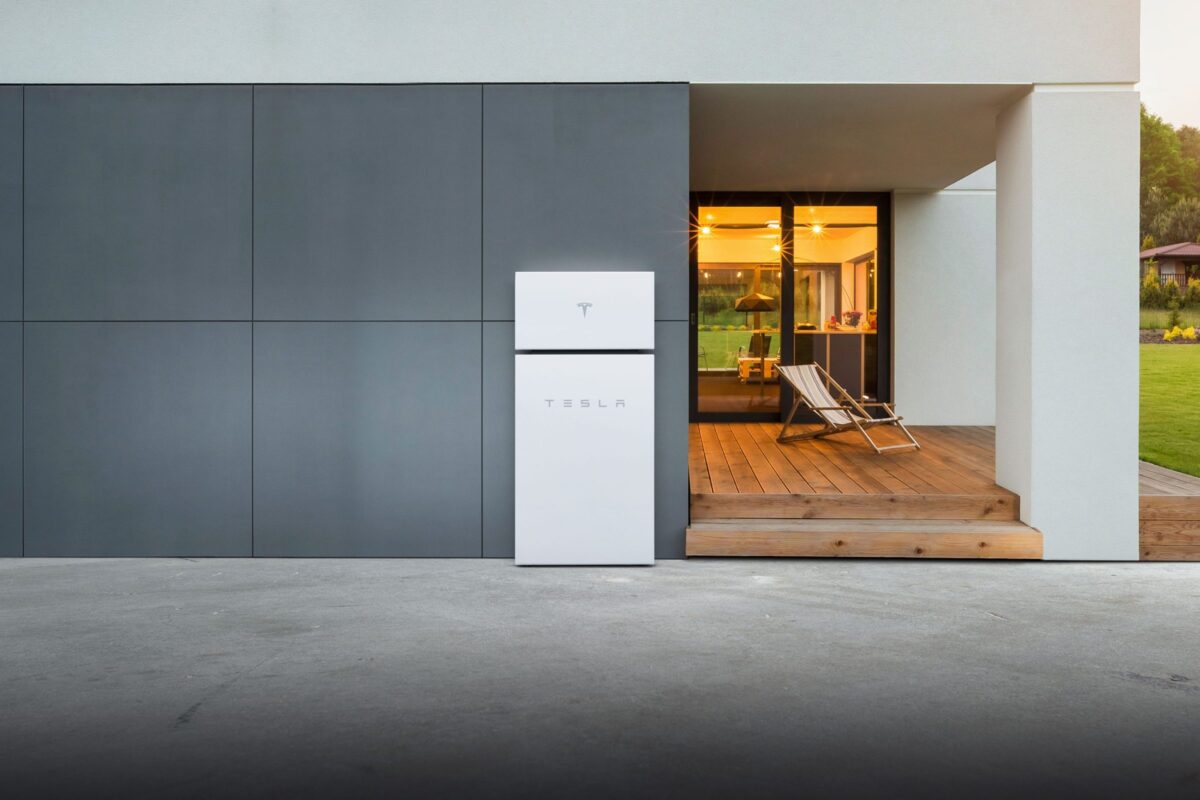It’s almost like the momentum behind the U.S. shift to renewable energy sources – especially solar – can’t be stopped.
The latest to join the parade of more than 25 cities that have already committed to producing 100% of its electricity from renewable energy is Salt Lake City, whose Mayor Jackie Biskupski released detailed plans on how the city would reach the goal by 2032. The plan also promises 80% reductions in energy and transportation-related greenhouse gas emissions by 2040.
“Salt Lake City is committed to lead on climate change and act in ways that bolster the long-term vitality of our community and the health of our planet,” Biskupski said. “Investing in renewable energy, clean transportation systems, and sustainable food programs not only reduces carbon pollution, it also builds an identity for our city and hope for the future.”
Salt Lake City is only the latest large U.S. city to join the renewable revolution. Early this week, Chicago and Portland, Ore., announced their intentions to produce 100% of their electricity from renewable sources by 2025 and 2035, respectively. They join other big cities like San Francisco and San Diego, in the rush to meet aggressive renewable energy goals.
But it’s not only large cities making the switch. Last month, Madison, Wisconsin, and Abita Springs, Louisiana, plunged, joining cities like Rochester, Minnesota, and East Hampton, New York, and Burlington, Vermont, as smaller cities are showing the rest of the country that it’s not just big cities that can have significant effects on changing the energy mix in the United States.
This content is protected by copyright and may not be reused. If you want to cooperate with us and would like to reuse some of our content, please contact: editors@pv-magazine.com.








By submitting this form you agree to pv magazine using your data for the purposes of publishing your comment.
Your personal data will only be disclosed or otherwise transmitted to third parties for the purposes of spam filtering or if this is necessary for technical maintenance of the website. Any other transfer to third parties will not take place unless this is justified on the basis of applicable data protection regulations or if pv magazine is legally obliged to do so.
You may revoke this consent at any time with effect for the future, in which case your personal data will be deleted immediately. Otherwise, your data will be deleted if pv magazine has processed your request or the purpose of data storage is fulfilled.
Further information on data privacy can be found in our Data Protection Policy.